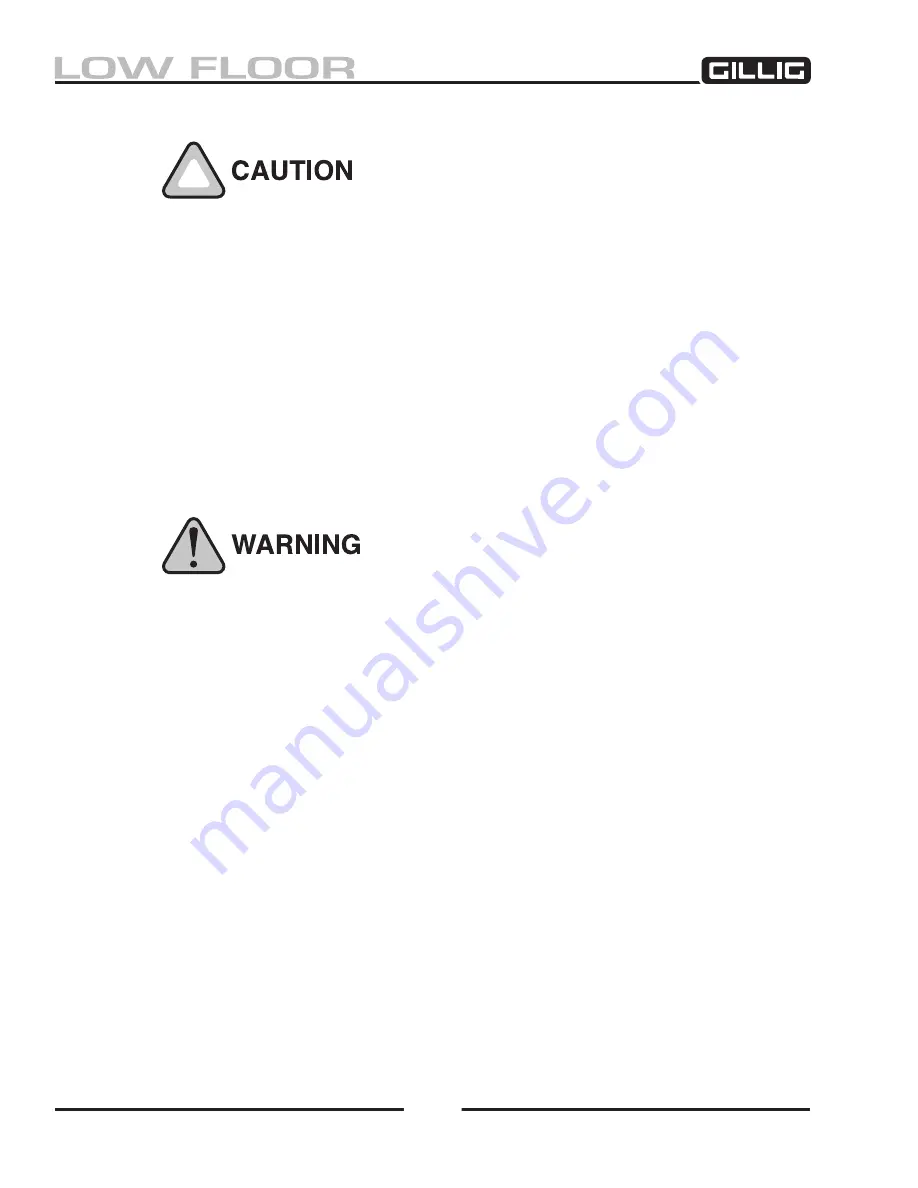
Brakes & Wheels
292
Wheel Nut Torque
Wheel-to-hub stud and nut fasteners must be replaced with parts of the
same part number or with an equivalent part if replacement becomes
necessary. Do not use a replacement part of lesser quality or substitute
design. Torque values must be used as specified during reassembly to
assure proper retention of these parts.
Excessive tightening of wheel stud nuts can cause erratic brake action by distorting the brake drum.
Excessive tightening of the wheel nuts can also cause wheel distortion or wheel runout. These conditions
can cause excessive tire wear. Wheel nuts must be tightened to the torque values listed in this section.
These specifications have proven to be satisfactory to ensure wheel tightness without having adverse
effects on other components. To ensure the correct torque, a large size torque wrench should be used.
A pneumatic impact wrench should only be used for the initial run-in of the nuts to allow the wheel to
properly position itself. The final tightening should be done with the torque wrench, and not beyond the
proper torque limits.
NEVER install aluminum wheels using wheel studs or nuts intended for
use with steel wheels.
Summary of Contents for LOW FLOOR
Page 18: ...Specifications 18...
Page 58: ...Preventive Maintenance 58...
Page 110: ...Engine 110...
Page 138: ...Transmission Driveline Rear Axle 138...
Page 182: ...Suspension 182...
Page 260: ...Air System 260...
Page 420: ...Electrical System 420 Deutsch DT Series Connectors...
Page 421: ...Electrical System 421...
Page 422: ...Electrical System 422 Deutsch HD 10 Series Connectors...
Page 423: ...Electrical System 423...
Page 424: ...Electrical System 424 Deutsch HD 30 Series Connectors...
Page 425: ...Electrical System 425...
Page 442: ...Heating Air Conditioning 442...
Page 492: ...Body and Interior 492 Figure 11 33 USSC Seat Assembly...
Page 493: ...Body and Interior 493 Figure 11 34 USSC Seat Suspension Assembly...
Page 495: ...Body and Interior 495 Figure 11 37 Seat Air Connections...






























